Lecture 19 Big Data and AI for Energy and Climate
November 14, 2023
Sample analytic questions
- What are the new advancements in AI and big data?
- How AI and big data could be used in facilitating clean energy transition and addressing climate change?
- Any good examples or success stories of AI for energy/climate change?
- What skills are need to work in this field?
Offshore wind turbine inspection using drones and AI
A local example
Read more: ULC Technologies
“AI is the new electricity”

Just as electricity transformed almost everything 100 years ago, today I actually have a hard time thinking of an industry that I don’t think AI will transform in the next several years.
–Andrew Ng
Read more: Andrew Ng: Why AI Is the New Electricity
Milestones in AI

Perspective:
Universe created:
- 13.8 billion years ago
Earth created:
- 4.54 billion years ago
Modern human:
- 300,000 years ago
Civilization:
- 12,000 years ago
Written record:
- 5,000 years ago
- 1943: Neural networks
- 1957: Perceptron
- 1974-86: Backpropagation, RBM, RNN
- 1989-98: CNN, MNIST, LSTM, Bidirectional RNN
- 2006: “Deep Learning”, DBN
- 2009: ImageNet
- 2012: AlexNet, Dropout
- 2014: GANs
- 2014: DeepFace
- 2016: AlphaGo
- 2017: AlphaZero, Capsule Networks
- 2018: AlphaFold 1, BERT
- 2021: AlphaFold 2
- 2023: ChatGPT
Aartifitial intelligence, machine learning, and deep learning
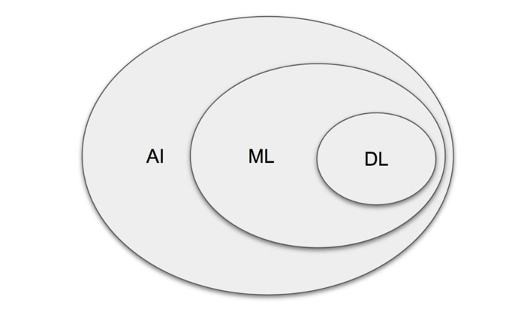
Read more: Lee and He (2021)
AI Algorithms
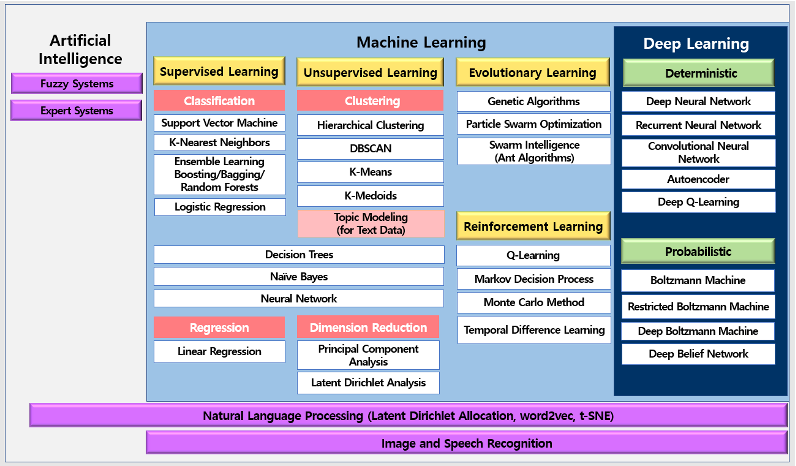
Read more: Lee and He (2021)
How AI has transformed our society
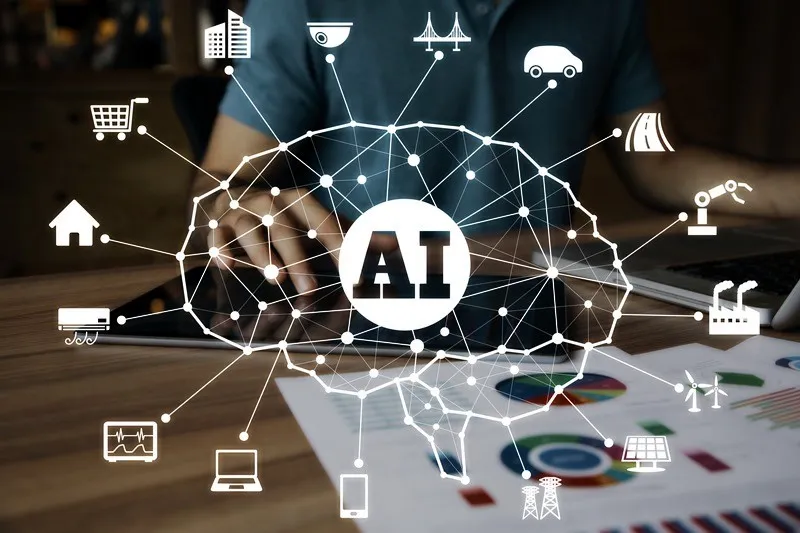
Key enabling factors
- Technological maturity
- Availability and quality of data
- Growing importance of cybersecurity
- Training and re-skilling of energy sector professionals
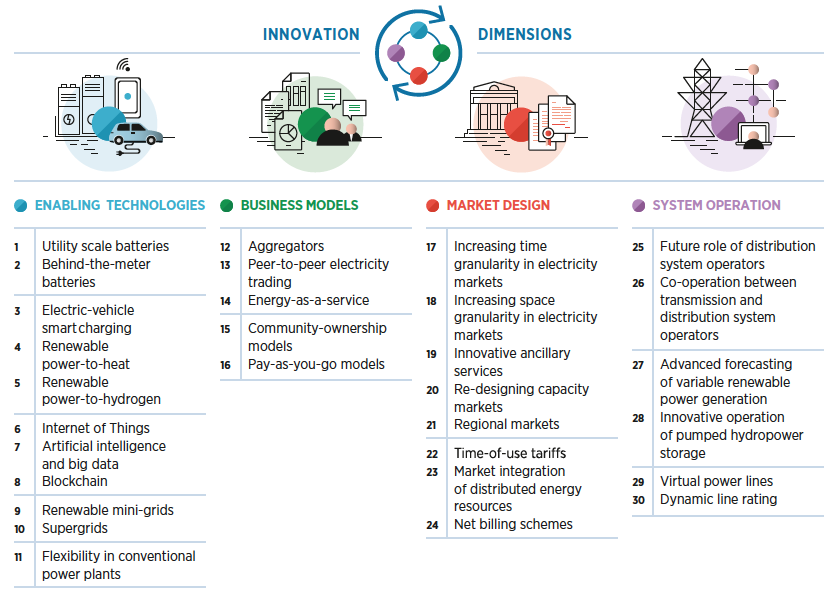
Read more: IRENA
Deep solar
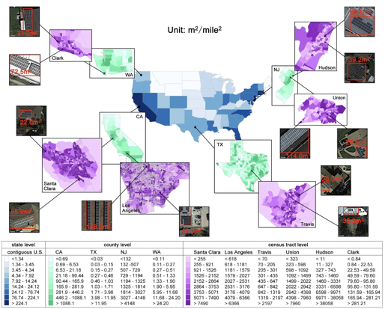
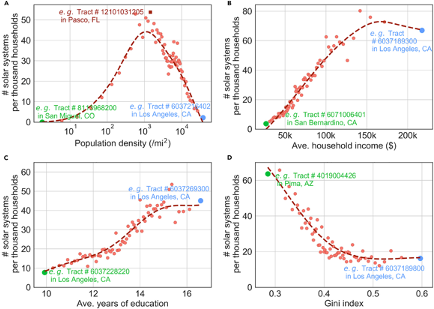
Read more: Yu et al. (2018)
AI to improve wind perfomance
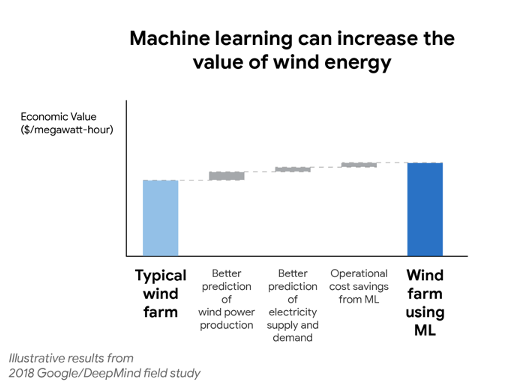
Read more: Deepmind
AI saves data center cooling energy
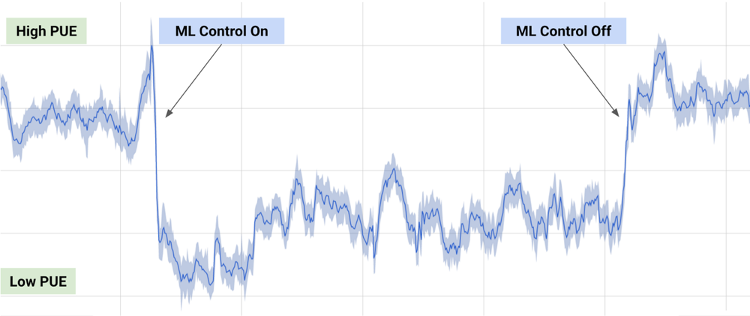
Read more: Deepmind
Global inventory of solar PV
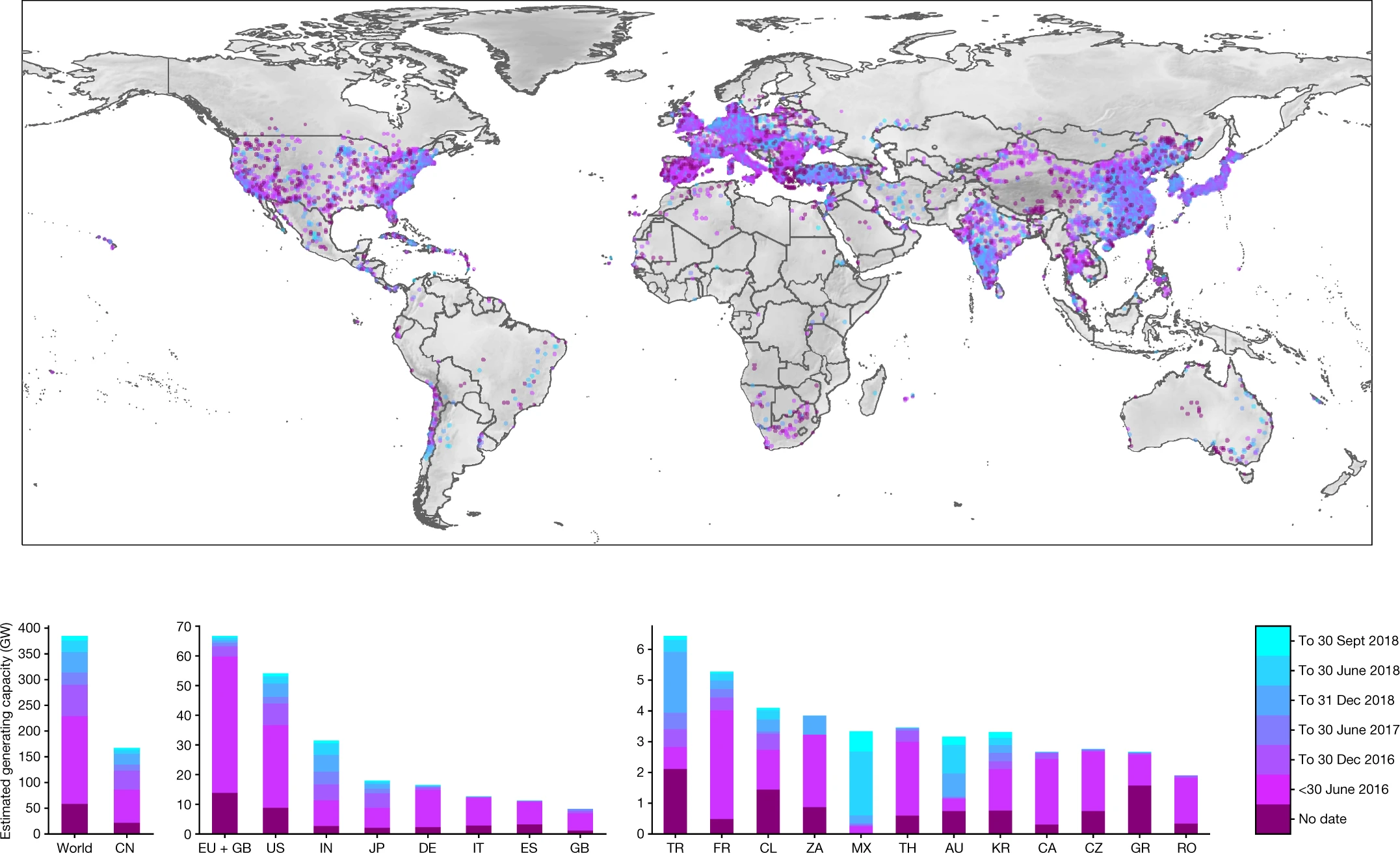
Source: Kruitwagen et al. (2021)
Machine learning for electricity access
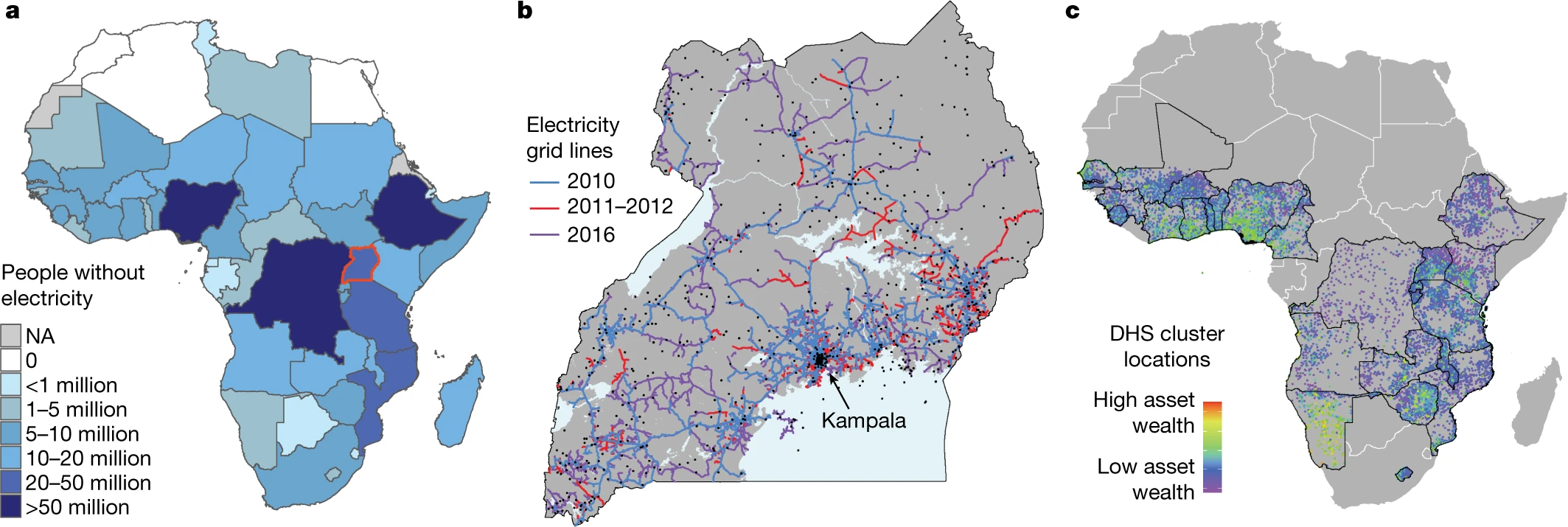
Source: Ratledge et al. (2022)
AI for climate solutions
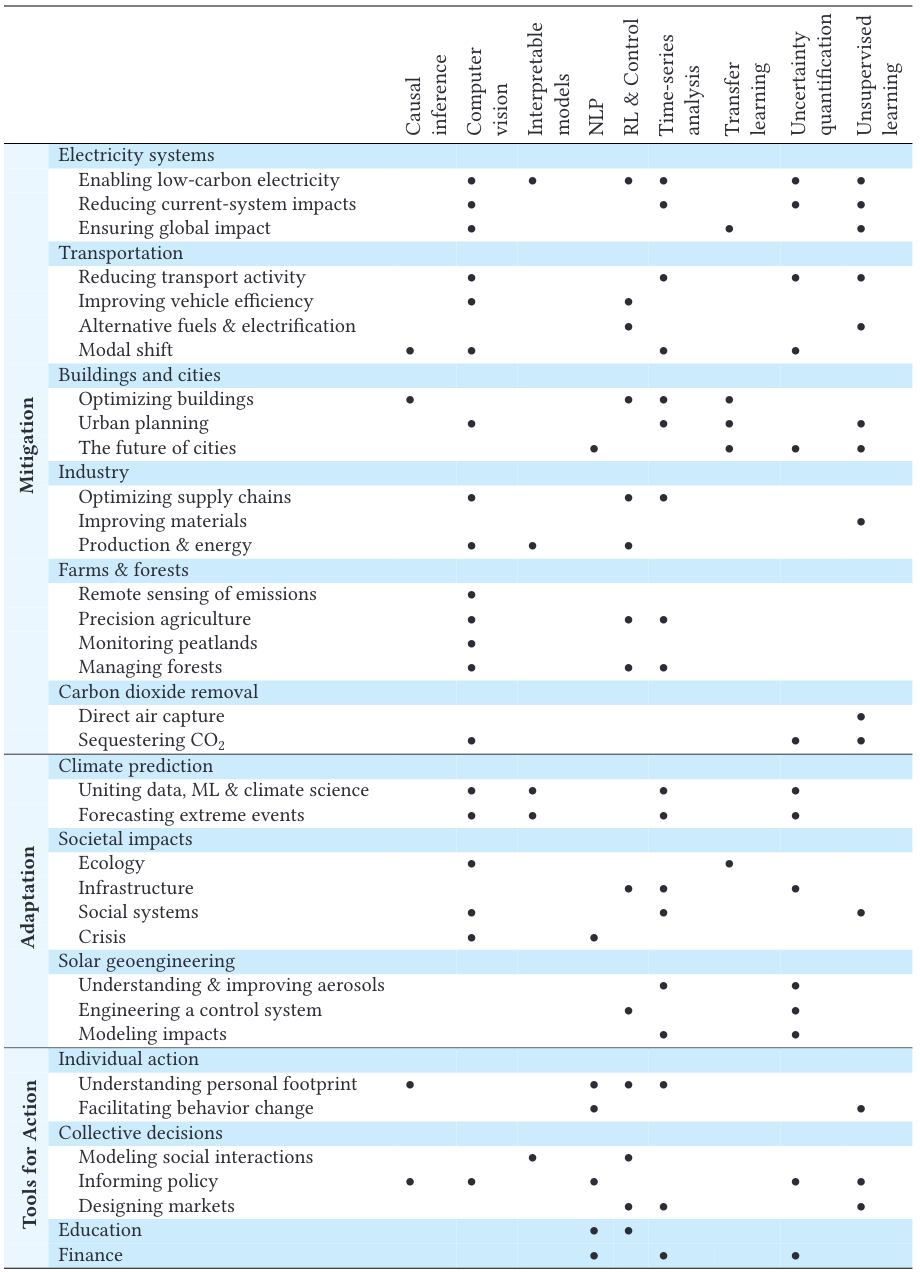
Source: Rolnick et al. (2022)
AI for GHG mitigation
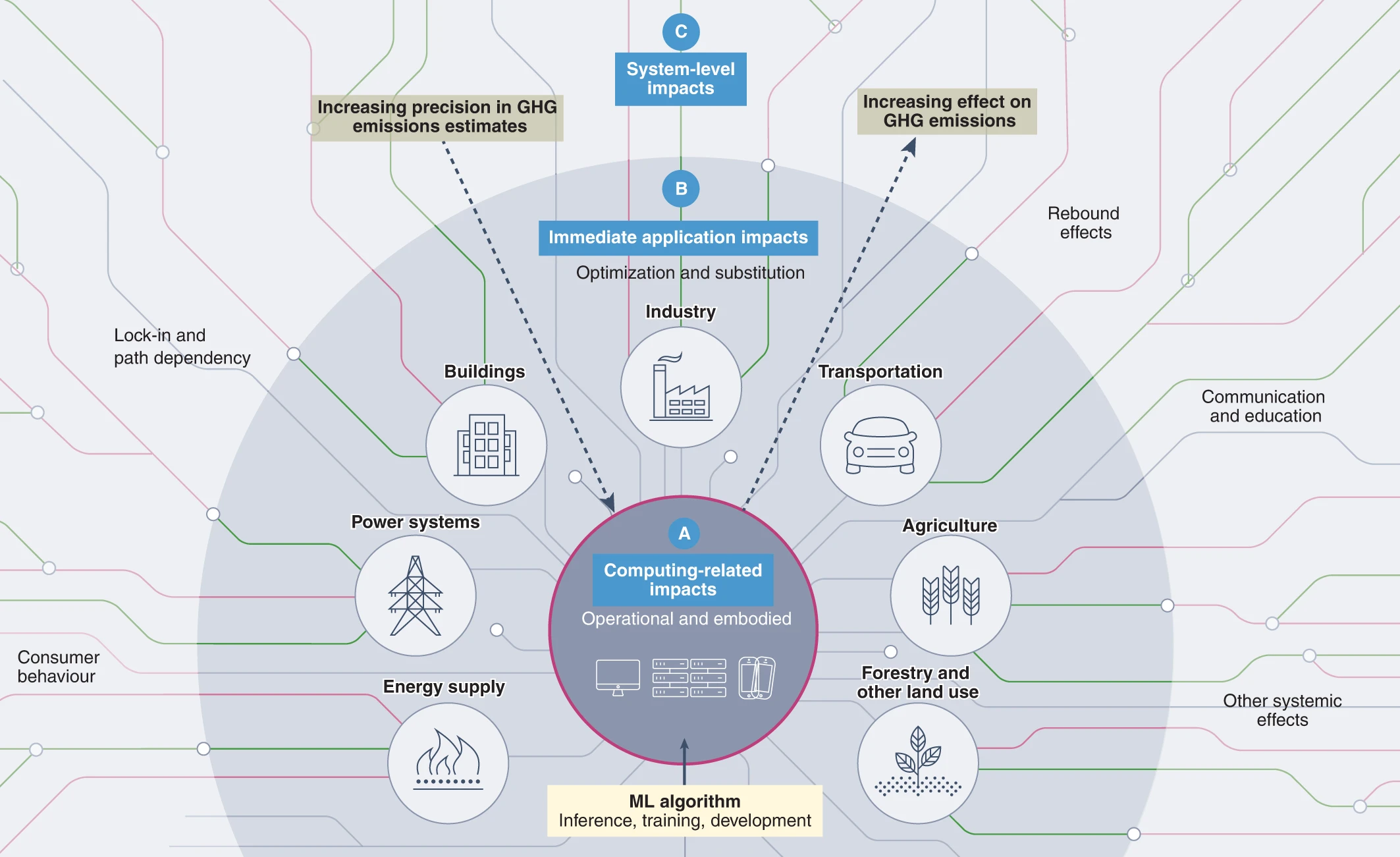
Source: Kaack et al. (2022)
AI ethics: why?
- Biases
- Privacy
- Mistakes
- Environmental impacts
- Other unaware impacts
Read more: Wikipedia, AI Ethics: What It Is And Why It Matters
AI ethics: principles
- Proportionality and do no harm
- Safety and security
- Fariness and non-discrimination
- Sustainability
- Right to privacy, and data protection
- Human oversight and determination
- Transparency and explainability
- Responsibility and accountability
- Awareness and literacy
- Multi-stakeholder and adaptive governance and colloboration
Read more: UNESCO
AI ethics: how?
- Still slow responding to the fast evolving challenges
- Education and research
- Assessment and communication
- Governance and cooperation
- Value alligned design
Read more: UNESCO, IEEE Ethics in Action
Summary
- AI and big data has transformed how we live, and how can we save the planet
- AI does not automatic add new insights, but it provides powerful tools to analyze increasingly available big data
- Learning those new tools and skills becomes necessary to work in the field
- The potential of using AI/big data to analyze our understanding of energy supply/demand and human behavior is enomorous.